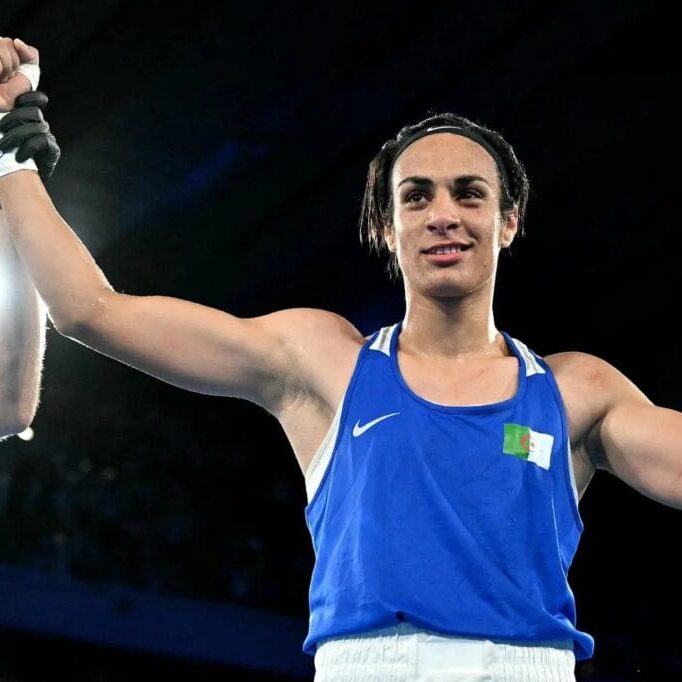
Imane Khelif and the ceiling for women’s success
How the outrage against Khelif shows our societal assumptions about what women are capable of
When she should be celebrating her Olympic gold medal, Imane Khelif, the Algerian
boxer who won the women’s welterweight category, is instead spending her time taking legal action for online harassment.
Ever since Khelif’s preliminary boxing match against Italy’s Angela Carini at the 2024 Paris Olympics, various celebrities such as J.K. Rowling, Elon Musk and Donald Trump have been fueling the fire on a hate campaign to get the boxer disqualified for “being a man”.
With all of the stir around the situation, you might be tempted to think this is another issue of certain people not accepting transgender people in sports. However, what makes this striking is that’s not the case. There’s absolutely no evidence to suggest Khelif is transgender, intersex or biologically different in any other way from her competitors.
In fact, in her home country of Algeria, sex-change is illegal.
The only reports of Khelif not qualifying as a woman come from an organization, now decertified by the International Olympic Committee.
So why all the fuss?
“You hit like a girl”
Most of us have heard people say “you hit like a girl” or “boys aren’t allowed to hit girls” before, whether it was said to us directly or we heard it on the TV. It comes from the assumption that when men hit somebody or something, they hit hard. Harder than a woman could.
Phrases like this, while sometimes well meaning and in the name of domestic abuse prevention, create a notion in which people who can hit really hard have to be men. Regardless of whether they’re professional boxers or not.
Without making any defences for people who were harassing Khelif, because that behaviour isn’t warranted at all, it’s true that people are conditioned to not believe women can be as good as Khelif in a sport like boxing.
Toughness and strength are associated with men, maleness and masculinity. The association doesn’t stop with fights or sports either.
Success causing masculinization
Successful women, especially successful women of colour like Khelif, often get masculinized by the media and society for their successes.
Serena Williams, a Black woman who is considered the greatest female tennis player of all
time, has been harassed in the past for not being feminine enough and has been called a man by people online, as have other successful female athletes.
It’s very telling that this speculation about Khelif’s gender is happening at the height of her career.
When she competed in the 2020 Tokyo Olympics, she placed fifth in the women’s light event and received none of this vicious treatment.
This comes back to the belief that men can simply hit harder, despite the women competing for this medal being professional boxers.
When Khelif didn’t win in her weight class, she was just like every other woman.
It’s her success that’s made her a target for this gender-based harassment.
The Michael Phelps comparison
In this conversation, people commonly bring up Michael Phelps as an example of a male athlete with biological advantages over his competitors.
After all, he does have several including his double-jointed ankles and lack of lactic acid
production which shortens his recovery time.
People ask why we’re okay with Phelps competing and not Khelif, or any of the other women athletes who have been barred from competition over the years.
It comes down to the glass ceiling we’ve created for women’s success..
Being fine with Phelps’s advantages and not Khelif’s, shows just how easily we admit we think male athletes are forever better than their female counterparts. While the accusations thrown at Khelif are all about her being more fit for the men’s category, we don’t have another category to say Phelps belongs in.
There is no ceiling for how great men can be. They don’t become superhuman – and they certainly don’t become so good that they’re accused of being transgender.
Takeaways
To me, the situation with Imane Khelif lays out the issue with how society views women’s sports as a whole, even as we continue to get better at funding them and cheering them on. We continue to view women’s sports as a subpar version of men’s sports, where there is a cap on the level of athleticism we expect to see.
By doing this, people not only out themselves as misogynistic and transphobic, they reinforce the idea that women cannot be successful.
Or at least, as successful as men.






